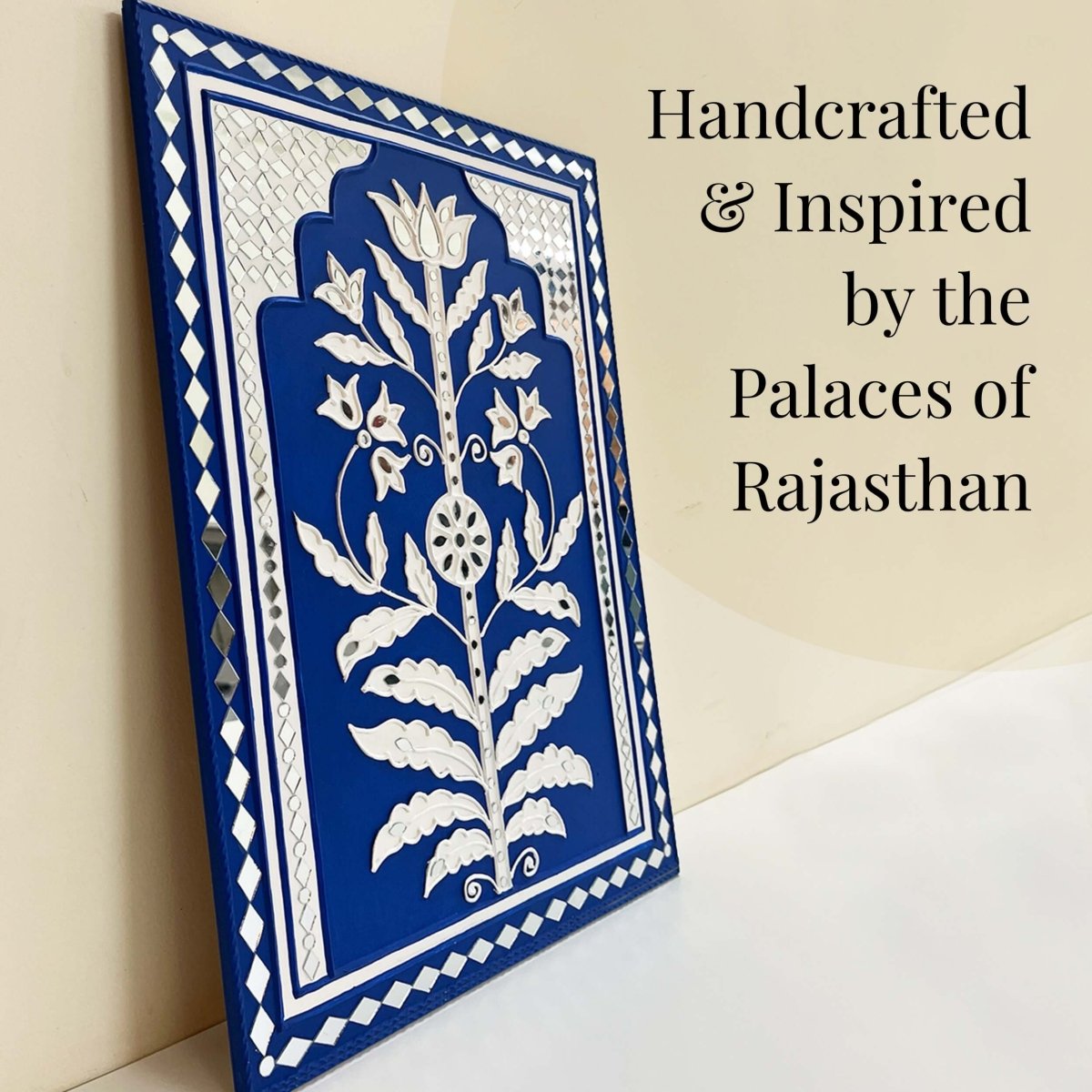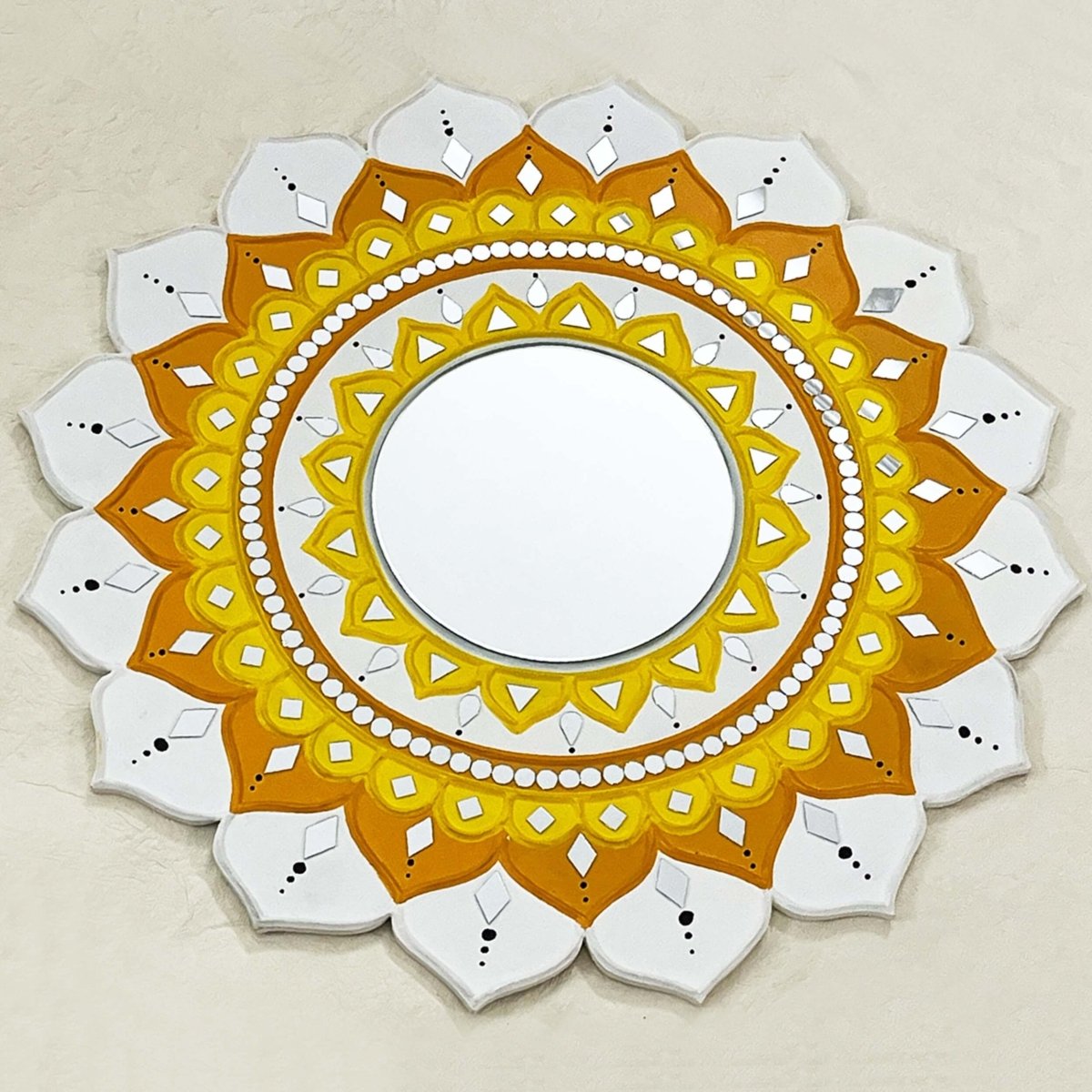Punch: History in a Bowl
BOOKMARK
Most people who love their liquor would turn their noses up at punch today. After all, it’s just a dilute and unsophisticated party drink thrown into a bowl, right? Wrong. The fascinating history of punch goes back to colonial India!
According to David Wondrich, mixologist and author of The Delights (and Dangers) of the Flowing Bowl, punch is the ‘monarch of mixed drinks’. The name of the drink is an indication of the balance of flavours that it embodies. The name ‘punch’ comes from the Sanskrit word panch which means five. This stands for five elements- strong, weak, bitter, sour, spice or more specifically alcohol, water, sugar, citrus, and spice that make up the flavor profile of the punch.
– The name ‘punch’ comes from the Sanskrit word panch which means five
To understand the origins of this drink, we have to go back to the early 17th century, on-board the ships of the British East India Company that were India-bound. Wondrich explains that sailors were given a daily ration of 10 pints of beer each. But beer had a tendency to spoil in the tropical heat. Upon reaching land, they turned then, to the ingredients they could find locally, like citrus fruits, spices and rum or arrack – a palm-based spirit common to South Asia, to make the best of the spoilt beer.
The earliest known use of the word punch can be traced back to 1632 CE. To put this into historical context, this was the same year that construction began on the Taj Mahal and Galileo was put on trial for his belief that the sun is the center of the solar system and not the Earth. In a letter sent on September 28, 1632 CE by Robert Addams, one of the East India Company’s men-at-arms (heavy cavalry soldier) wishing Thomas Colley, a factor (mercantile agent), good luck on an upcoming trip to Bengal wrote,
“I am very glad you have so good company to be with all as Mr. Cartwright. I hop you will keep good house together and drincke punch by no allowance.”
However the letter did not define what punch was. Six years later, in 1638, Albert de Mandelslo, a young German, arrived at the East India Company’s factory in Surat, where he wrote of the factors drinking
“a kind of drink consisting of aqua vitae (distilled spirits), rose water, juice of citrons, and sugar.”
Though these references give us an idea of the time when punch started getting consumed popularly, there is no evidence to suggest who exactly invented it. While some believe that the British sailors invented it to make the spoilt beer consumable, others contend that the sailors simply chanced upon the drink locally.
– While some believe that the British sailors invented punch, others contend that they chanced upon it locally in India
In either case, by the mid-17th century CE, punch had poured out of the London docks and into mainstream society. In the days before electricity or the gas heater, winters in Britain were bitingly cold, especially in 1650 CE when the Thames river froze over completely and snow remained on the ground for three whole months. The punch warmed people from within and became especially popular since it could be consumed hot and made in large quantities. It was favoured by the intellectual set, and frequently served in buzzing punch bars.
Unfortunately by the mid-19th century, the popularity of this merry drink started declining. One of the major reasons was that Queen Victoria (1819-1901) who came to the throne in 1938 in Britain, disapproved of strong drink. This led to the creation of non-alcoholic punches and the drink started to lose its charm.
Eventually ‘punch’ became an overarching term for any mixed drink with a unspecified variety of ingredients. Ironically it is often perceived as a clumsy version of a cocktail whereas it may well have been the precursor to the cocktail!
– DID YOU KNOW
Punch finds mention in the works of many noted British writers like Henry Fielding (1707-1754 CE) Jane Austen (1755-1817 CE) and William Makepeace Thackeray (1811-1863 CE). Charles Dickens (1809-1882 CE) was a well-known aficionado of punch and the drink is mentioned across many of his most popular works like David Copperfield and The Pickwick Papers. He often experimented with punch recipes and was famed for setting his bowls of punch on fire.
Cover Image: Kitchenware Superstore









